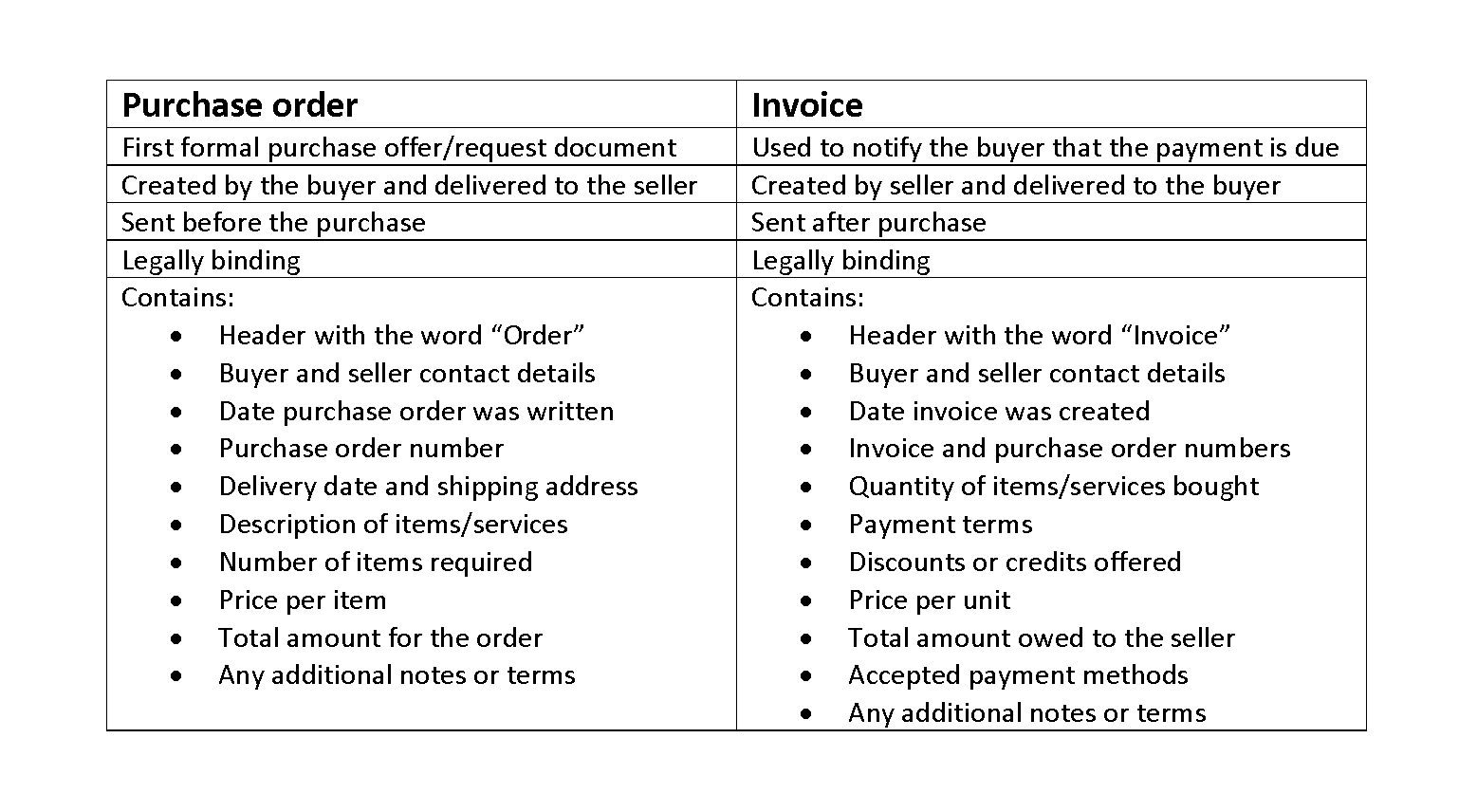
From identifying where your business is growing to determining how profitable your company and specific products are, gross and net revenue paint the entire financial picture of your gross sales vs net sales business. When it comes to important financial metrics, tracking gross and net revenue is nonnegotiable. Fortunately, high-quality accounting software makes the calculations a breeze.

Gross sales vs. net sales: Key differences explained

Seeing a high number makes you believe your company is doing well and a large net income is coming your way. However, until you see your net sales, you can’t be sure of your financial strength. While closely related, gross sales and net sales have entirely different definitions, as highlighted below. Understanding the potential of a new business is essential for founders and investors — and there are several metrics you can use to get a better picture of a business’s financial potential. Net sales allowances are usually different than write-offs which may also be referred to as allowances. A write-off is an expense debit that correspondingly lowers an asset inventory value.
How to Generate More B2B Leads for Your Sales Team — Plus Expert Tips and New Data
In this case, Company B is an agent and reports any revenue from the wrenches as net. The type of revenue that can be claimed depends on a party’s control and the definition of its performance obligations. It controls the production costs, assumes the inventory and the credit risk in its operations, and can choose its suppliers and set prices. These steps help accountants recognize revenue as either gross or net by identifying each party’s performance obligation and their control of the good or service.
Why do you need to track and understand gross vs. net sales?
- Gross sales on their own are not as informative, as it overstates a company’s actual sales because it includes several other variables that cannot essentially be classified as sales.
- To calculate net sales, you should deduct four important metrics from your gross sales figure.
- For companies using cash accounting they are booked when cash is received.
- In this case, the two numbers are both important for accounting and profit calculation – but they measure different things.
- Setting goals can inspire your team to work aggressively to achieve them, maximizing business growth.
Misinterpretation of a business’s financial health is a common mistake among business owners and entrepreneurs, and it often leads to unfavorable consequences. One of the most common reasons it happens is accounting for gross sales only. Let’s go back to our $50,000 in gross sales a month example from before. If you assume the total for allowances, discounts, returns, and taxes totals up to $10,000 for the month, you’ll subtract $10,000 from $50,000, and have $40,000 as your net sales. This is your “bottom line” if you’ve ever heard that phrase used before.

Gross sales and net sales are two metrics that offer distinct advantages when it comes to gauging revenue. If your net sales figure is significantly lower than your competitor’s figures, it indicates there is a problem, and your company needs to investigate why. If you find your business offering allowances on a regular basis, something needs to change.
The Sales Revenue Formula: How to Use It and Why It Matters
Anything that comes as a cost to the shoemaker would be deducted from the gross revenue of $100, resulting in the net revenue. For instance, your gross sales won’t tell you much about profitability because they don’t include deductions. A company can make an impressive number of total sales, but it doesn’t reflect how well it handles costs and how much it gains in profit. Gross sales alone don’t provide thorough enough insight into a company’s financial health. For instance, a company could be bringing in tons of revenue, but if most of it gets returned or discounted, their actual health isn’t so strong. That’s why it isn’t enough to run a gross sales analysis against your competitors.
What Is a Business Development Manager, and What Do They Do?
- It uses AI to analyze customer data and measure progress towards meeting sales goals.
- In total, these deductions are the difference between net sales and gross sales.
- Using your gross and net sales figures, you can refine your company’s sales strategies, improve your product’s quality, and focus on your strength points.
- Understanding the breakdown of your paycheck helps you identify potential errors in your deductions.
- Gross revenue represents the total income generated by a business, while sales refer to the revenue generated from selling products or services.
- Using the gross and net sales as common key performance indicators (KPI), you can hold your sales representative accountable for the company’s growth and sales.
- That refund is deducted from gross sales when calculating net sales.
This metric can also help you identify which costs are creating the greatest losses in the sales process. A high volume of discounts might attract business but severely cut into your profits. On the other hand, many allowances and returns signal the customers aren’t getting enough value from your product or service. At the end of an accounting period, businesses determine net sales by subtracting the total sales allowances, discounts, and returns from the gross sales.
- Gross sales are the grand total of all sale transactions reported in a period, without any deductions included within the figure.
- Then, you can make changes to provide a better product or service to your customers.
- It’s what ends up in your bank account and is available for you to spend or save.
- Net sales are the revenues gained by your company after deducting allowances, discounts, returns, and taxes.
- Comparing gross revenue with net revenue can help you maintain the balance between aggressive growth tactics and business strategies that are viable in the long run.
- Returns refers to the monetary value of all returned items, and allowances equals the total value of the discounts offered for the gross sales.
All together, net sales are equivalent to your company’s gross sales minus allowances, discounts, returns, and taxes. Gross sales and net sales, for instance, are two significant metrics that help measure the success of a business. While gross sales give the big picture and show all the money coming in, net sales show you how well your company is doing after deducting some expenses. For instance, a company implements aggressive sales tactics and discounts to sell more products.
Are Net Sales the Same As Gross Profit?
Gross sales is another name for gross revenue, so revenue is generally used to refer to gross revenue. Net revenue is usually reported when there is a commission that needs to be recognized, when a supplier receives some of the sales revenue, or when one party provides customers for another party. Your gross sales also give you a good idea of how many customers you’re getting in the door, so to speak, and how many of them are purchasing items once they’re there. Knowing the amount of your gross sales is important in order to see the health of your business.
